| The premier U.S. civilian cybersecurity agency wants to expand internationally and be a counterbalance to China's global influence. The Cybersecurity and Infrastructure Security Agency proposed just such an expansion in a transition document prepared by the Trump administration for the next administration. It's unclear, however, whether Biden officials ever saw the document — although the agency, inside the Department of Homeland Security, has made expanding abroad a key part of its mission. The main goal of such an effort would be to persuade foreign countries not to use Chinese technology that some argue opens the door to spying, though Beijing denies any such charges. The document was obtained by The Cybersecurity 202 through a Freedom of Information Act request. A February 2021 CISA strategy document proposes the agency focus its international efforts on working with, boosting and communicating with allies. Its aims are to "shape a global policy environment that supports U.S. priorities and enables future requirements." CISA declined to comment on a detailed set of questions about the transition document, including whether the agency provided it in its entirety to Biden's transition team. Portions of the document are labeled with a smattering of dates, with one section labeled as a "draft." "If countries have a willing partner in CISA, they may be less inclined to accept help from China or to allow Chinese companies access to sensitive markets and information," the transition document states. 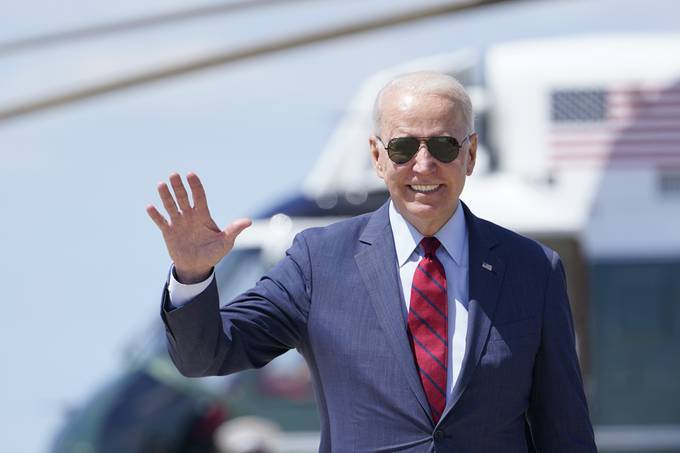 President Joe Biden. (AP Photo/Susan Walsh) | Such an international expansion would rely on close coordination with the State Department, which has its own office for cyber issues. There has been momentum on Capitol Hill to boost the State office, with the House passing legislation in April to form a bureau with an ambassador-level head to lead cyber diplomacy. CISA states in the transition document that it is boosting its information-sharing and capacity- building efforts with foreign partners, including through agreements with State allowing it to use foreign assistance funds to engage with other countries on cyber issues. "You have a decision to make there: Do you give the money to CISA to do international stuff, or do you give it to the State Department?" said Jim Lewis, a senior vice president and director of the Strategic Technologies Program at the Center for Strategic and International Studies. "CISA's primary focus is domestic. So, you don't want to detract from that. We have enough to do here." Coordination is the key, said Chris Painter, the State Department cyber coordinator in the Obama administration. "As long as there is close coordination, DHS clearly has a role in the international space," he said. "DHS obviously should be doing the kind of coordination, the kind of operational stuff that they're doing and reaching out to countries. But as long as you make sure that you're not working at cross purposes, that's a good thing; the more the better." Even as it works to take on a bigger international footprint, CISA faces challenges at home. The agency has butted heads with the Department of Energy, accusing it in the transition document of going behind CISA's back and breaking an agreement the two agencies reached on energy legislation. The Energy Department demonstrated a "lack of respect for the interagency process" by "sending official correspondence to House leadership opposing the interagency negotiated positions" of the bills, according to the document. CISA went so far as to recommend that it and DHS "register opposition" to the Energy Department's actions. The Energy Department declined to comment. "I think this is how it's always been, right? I mean, this is nothing new," Chris Krebs, the former head of CISA under Trump, said. "This is the challenge of who is the primary interface with any given sector." Agencies across the government should build sector-specific expertise but CISA should be seen as the "center of gravity for civilian cyber security" in the government, he said. The document also describes expanding cyber threats targeting U.S. networks with potentially dire consequences. "Nation-state adversaries are increasingly looking at critical infrastructure as a battlespace," the document warns. "With adversary threats growing in sophistication and the growing ubiquity and power of tools that can create significant degradation or possible destruction of American networks and systems, the Nation faces increased risk and future costs," it notes. Cyber protections, meanwhile, haven't kept up. "Presently, the Nation has limited capability to assess the degree to which adversaries have successfully penetrated and exploited U.S. critical infrastructure," the document warns. "At the same time, we lack broad visibility into threat activity targeting specific entities, including early and advanced stage activity where adversary efforts could put critical assets at risk." Joseph Marks contributed to this reporting. | Share The Cybersecurity 202 |  |  |  | | | 



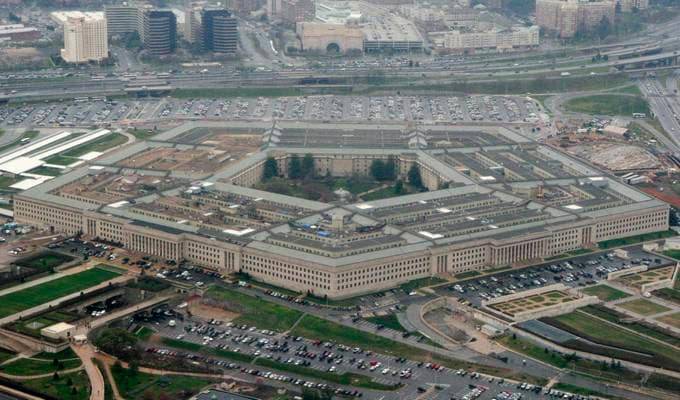
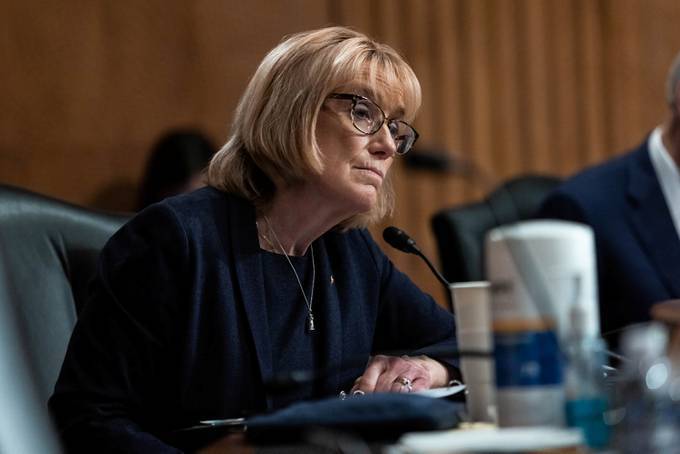
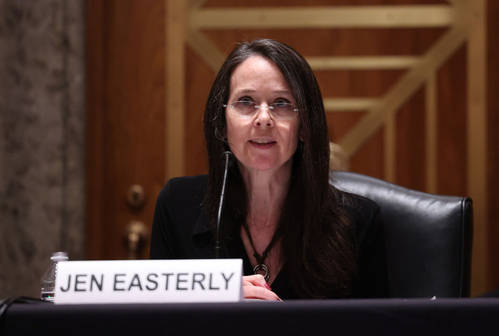



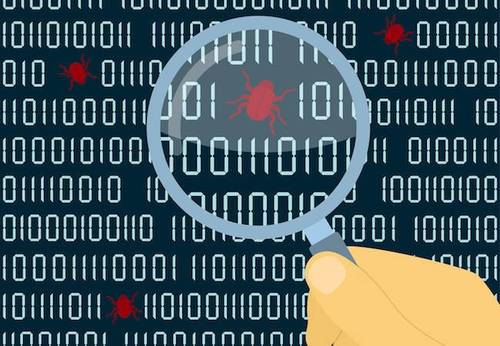
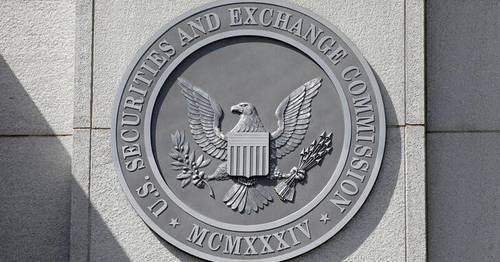
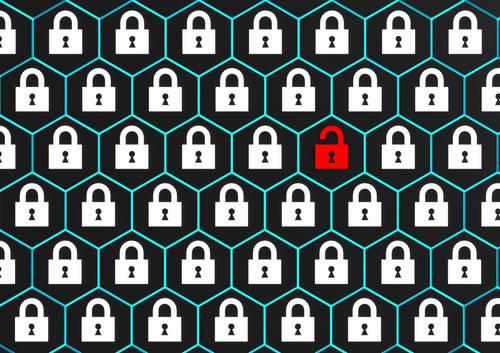


No comments:
Post a Comment